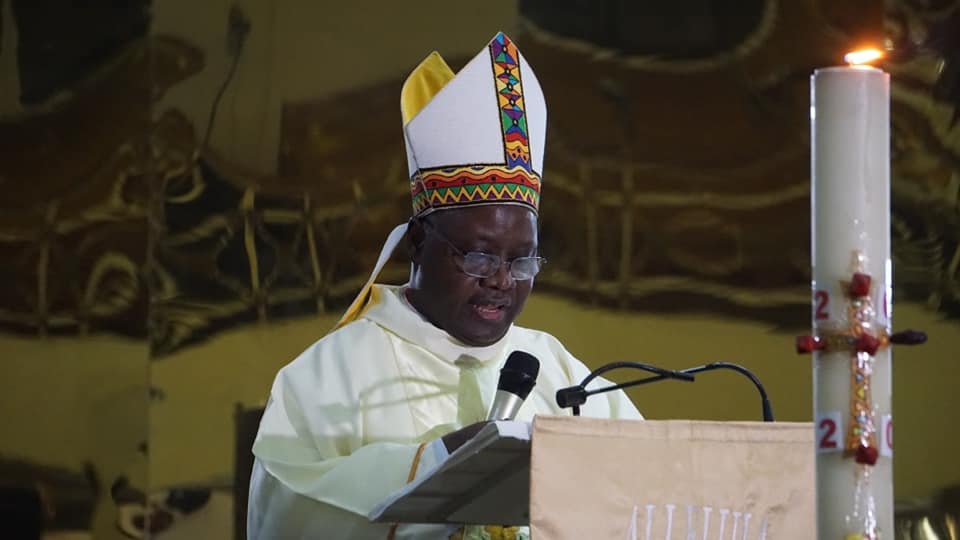ABUJA, JUNE 9 2020 (CISA)-The Catholic Archdiocese of Abuja has issued guidelines for worship as the government has authorized the reopening of worship places in the country.
A June 4 statement signed by Archbishop Ignatius Kaigama noted that the decision to resume worship was arrived at as a result of patient and constructive dialogue between religious and government leaders.
“During our dialogue with government, it was obvious to them that the Church is eager to do all that is necessary to safeguard the health of her members. The lifting of restriction on religious gatherings is an expression of government’s confidence in the Church. Accordingly, we must work hard to keep to the rules in order to keep ourselves protected from Covid-19,” he noted.
According to the guidelines, Places of worship must be clean and well ventilated, provide hand washing facilities at strategic places, hand sanitizers at entry and exit points of all church buildings, disinfect chairs, door handles and surfaces regularly and provide facilities for proper waste disposal.
Infrared thermometers will be used at entry points of church buildings and everyone within church premises directed to wear facemasks and observe two meters physical distance. Records for everyone accessing all parishes and institutions will be kept.
“The first Masses in all parishes and institutions must begin earlier than 5am, and must end no later than 8pm. Meanwhile, each liturgical celebration must not last beyond one hour. We hope that with negotiations, this one hour time frame will be reviewed in due course. Daily morning and afternoon Masses are allowed with the same physical distancing and hygiene observance. There should be at least thirty (30) minutes interval between Sunday Masses,” the guidelines stipulate.
While Children Masses and Sunday Schools remain suspended families are encouraged to sit together in Church, observing physical distance which will reduce the number of congregants to one third of the capacity of the venue.
The guidelines direct Parishes to work out details of the number of Masses, suitable times, venues and Parishioners who may attend particular Masses. Priests can celebrate a maximum of three Masses on Sunday and two Masses daily for smaller congregations.
To protect the vulnerable Priests are also encouraged to provide pastoral care for persons above 70 years, children below 10 years, nursing mothers and the sick who don’t feel safe to gather in a crowd since they are dispensed from their obligation to attend Sunday Mass.
While Confirmation ceremonies remain on hold, baptism for can be done within or outside the Mass but must not exceed 10 candidates at a time. Cotton buds will be used for anointing and be properly disposed in accordance with liturgical norms.
Other measures have also been effected for specific stages of Mass to avoid contact among priests on the altar, among congregants or transfer of virus on equipment used during liturgical celebrations.
“For all Offertory collections and gifts in kind, parishioners may go to designated collection points to offer them while maintaining physical distancing. Those with bulky material gifts can arrange to have them delivered to the priests. There should be no offertory procession with the bread and wine. The gifts for the Eucharistic celebration should be left on the credence table from where altar servers would bring them to the priest for preparation. The sign of peace through hand shaking is to be omitted,” the guidelines state.
While virtual confession remains prohibited confession venue must be spacious, allowing for physical distancing and guaranteeing confidentiality. The sacrament may also be celebrated outside scheduled times where the priest and penitent must wear masks and maintain Physical distance.
Physical distancing at weddings must be observed except for the couple and there should be no receptions within church premises. For funerals only 10 people will participate in the Rite of Reception and not more than 20 at the graveside.
